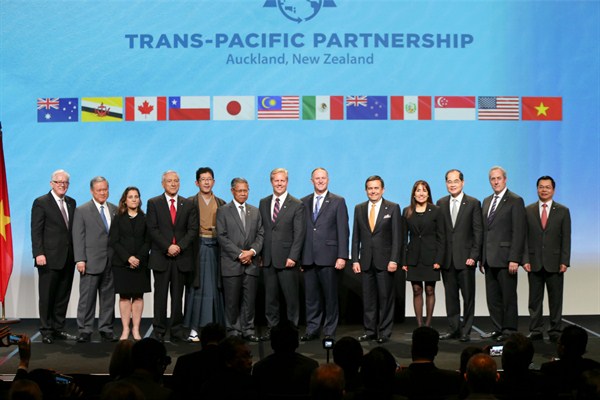Editor’s note: This article is part of an ongoing WPR series on the Trans-Pacific Partnership and the potential impact on members’ economies.
To be included in the Trans-Pacific Partnership, which was formally signed last week and now faces national ratification among member states, Vietnam accepted a side agreement outlining various compliance measures for the deal’s labor rights standards. In an email interview, Adam Fforde, professorial fellow at Victoria Institute of Strategic Economic Studies, Victoria University, in Melbourne, Australia, discusses the TPP’s likely impact on Vietnam’s political economy.
WPR: What are the expected economic benefits for Vietnam from the TPP, and what are some potential downsides?

